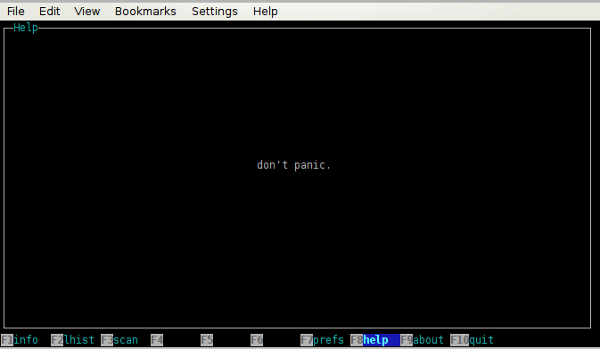Wikipedia community votes on MP4
 Content on Wikipedia should not only be made available under a free licence, but also in free formats. As this is associated with limitations the Wikimedia multimedia team has launched a request for comment to integrate the H.264 MP4 codec, Heise reports.
Content on Wikipedia should not only be made available under a free licence, but also in free formats. As this is associated with limitations the Wikimedia multimedia team has launched a request for comment to integrate the H.264 MP4 codec, Heise reports.
Such proprietary codecs have so far not been allowed in Wikipedia and its sister projects; even MP3 files are not allowed. Videos can only be uploaded in Ogg Theora format and the open WebM format developed by Google.
In the opinion of the multimedia team, this limitation is significantly preventing the use of videos. Although the Chrome and Firefox browsers can play WebM, other browsers have still not implemented the format. It looks even worse as regards mobile devices: according to an analysis, two-thirds of mobile calls to Wikimedia servers originate from devices which cannot play the video formats made available on Wikipedia. Even the uploading of videos is made more difficult since contributors must first convert their videos before they can upload them. The result is that only 38,000 videos can be found on the Wikimedia Commons multimedia platform, whereas YouTube makes 6.5 million videos available in the education category.
The proposal is not meeting with much approval in the community. On the first day of the discussion which started a month ago, must users spoke out against any support for MP4; however, supporters are not occupying too inferior a position. In particular, the secret licence agreements and any licensing payment due for commercial use of videos are being criticised. A compromise in which the Wikimedia Foundation will convert all uploaded MP4 videos into open formats is only supported by very few contributors.
The multimedia team must now put more effort into convincing people if it wants to convert its plans into reality. Heise says the Wikimedia Foundation is adopting a neutral official position.




 While Russian state security agencies already have surveillance systems in use, the administration has decided “to entrust this part of the work to professional computer specialists“.
While Russian state security agencies already have surveillance systems in use, the administration has decided “to entrust this part of the work to professional computer specialists“.
